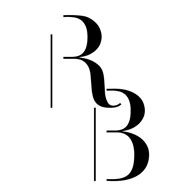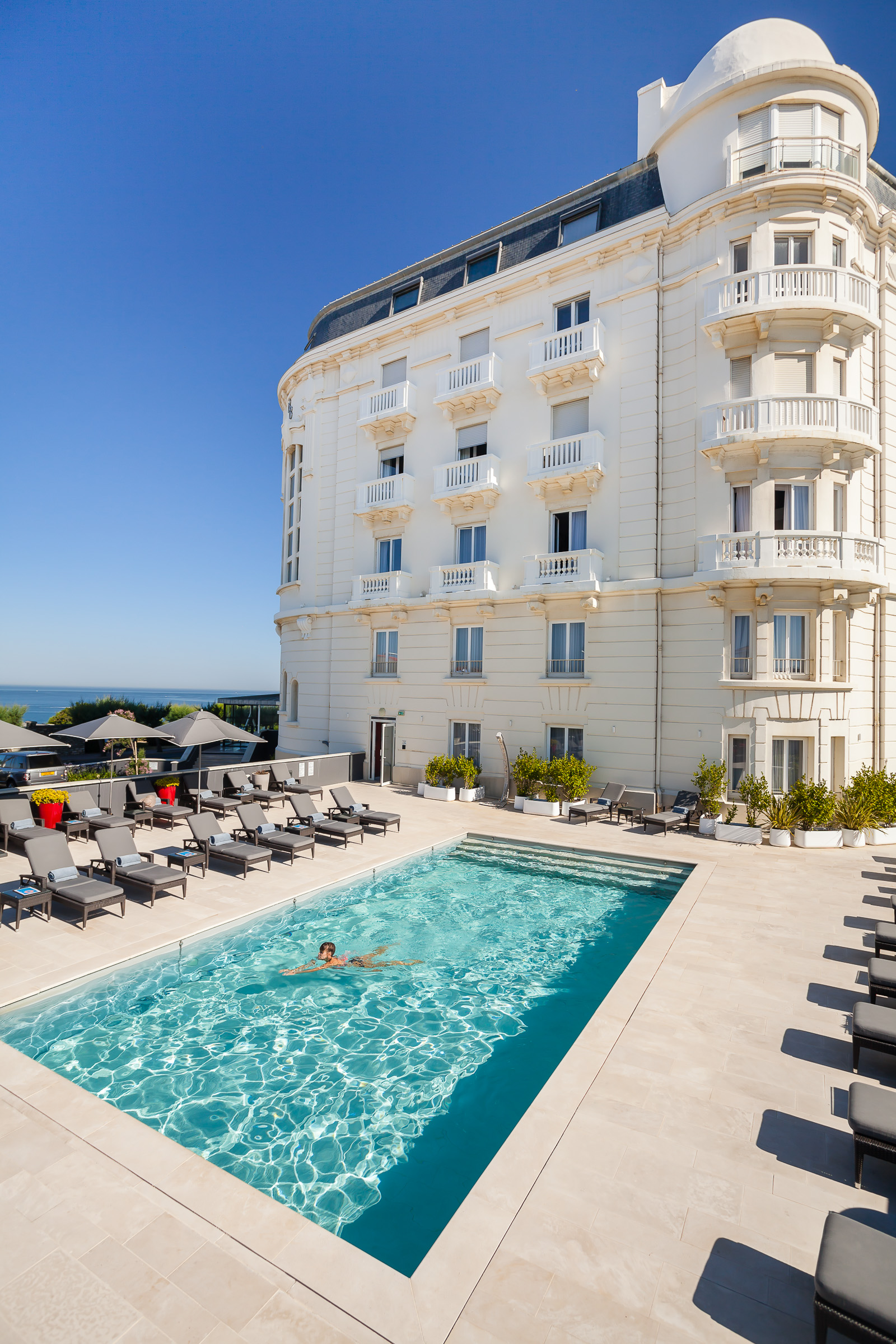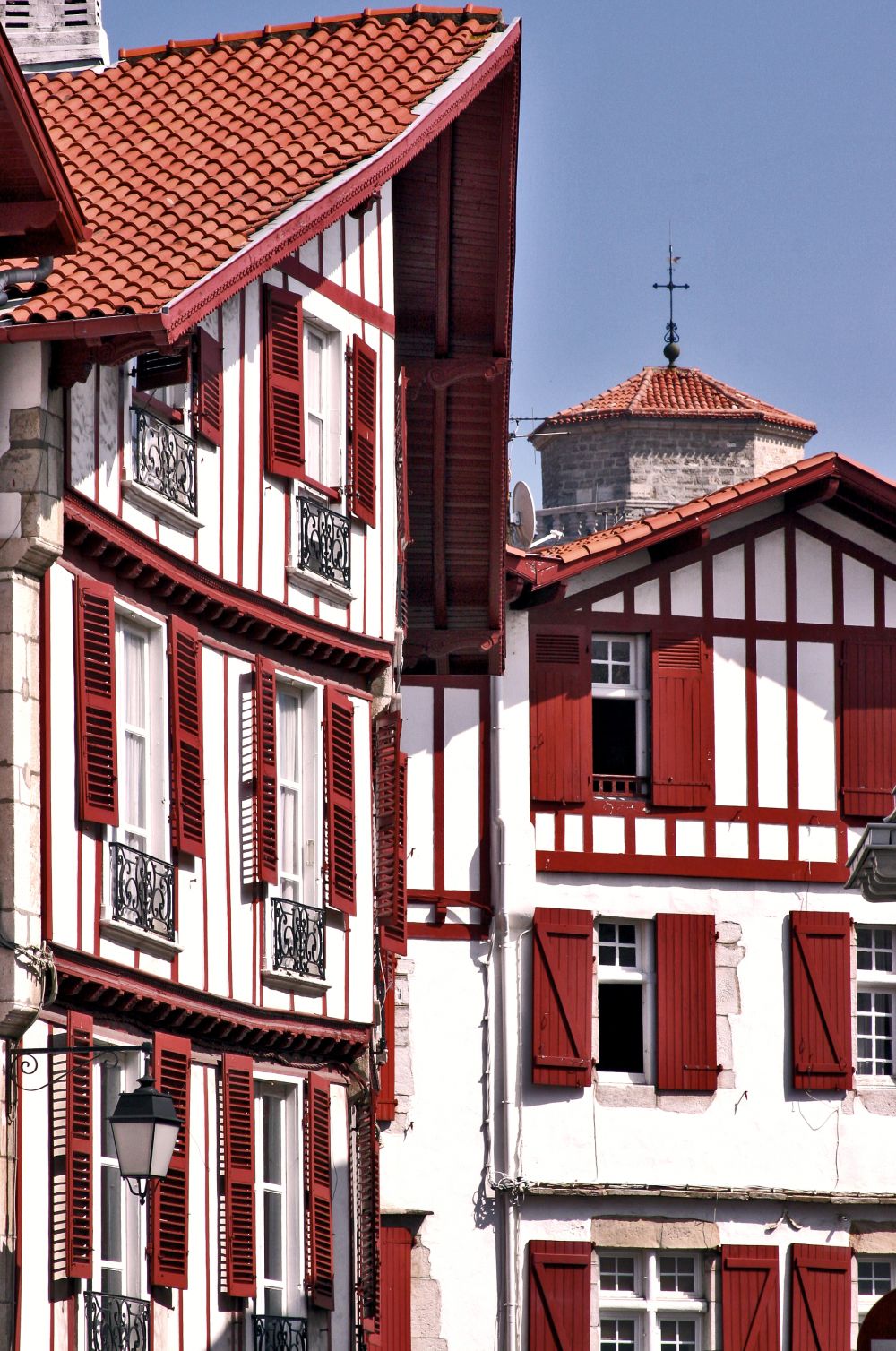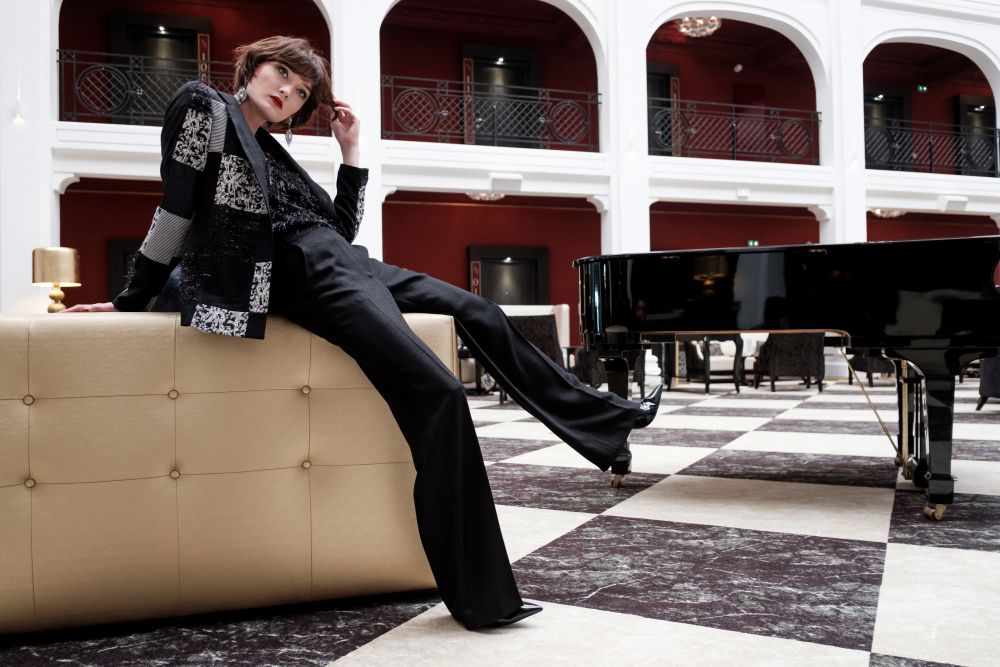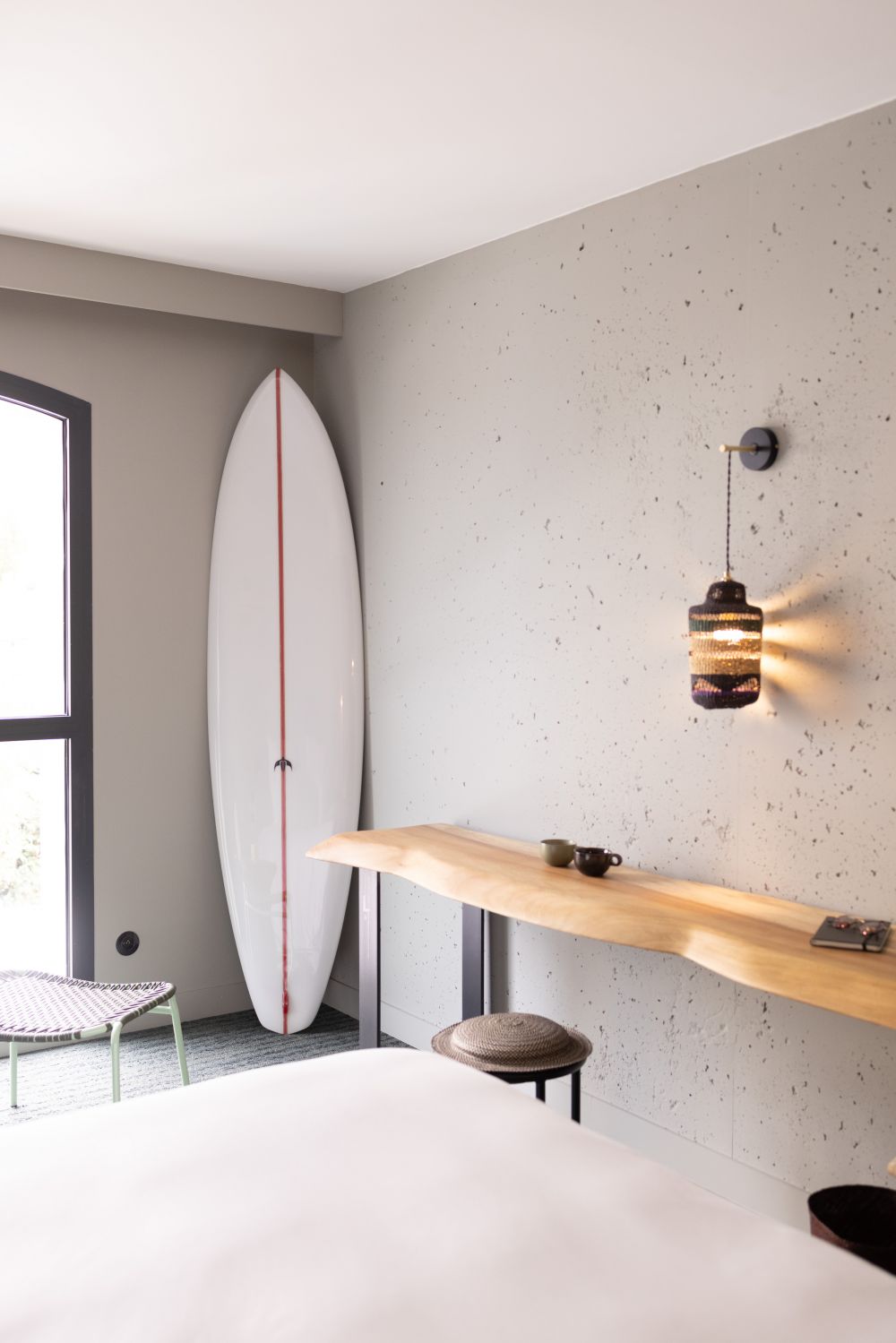 All Articles
Adventure & Discovery
Design
Destination
Escape
Fashion & Beauty
Gastronomy
Hotel
Tourism
Well-being
All Articles
Adventure & Discovery
Design
Destination
Escape
Fashion & Beauty
Gastronomy
Hotel
Tourism
Well-being
 Fashion
Fashion
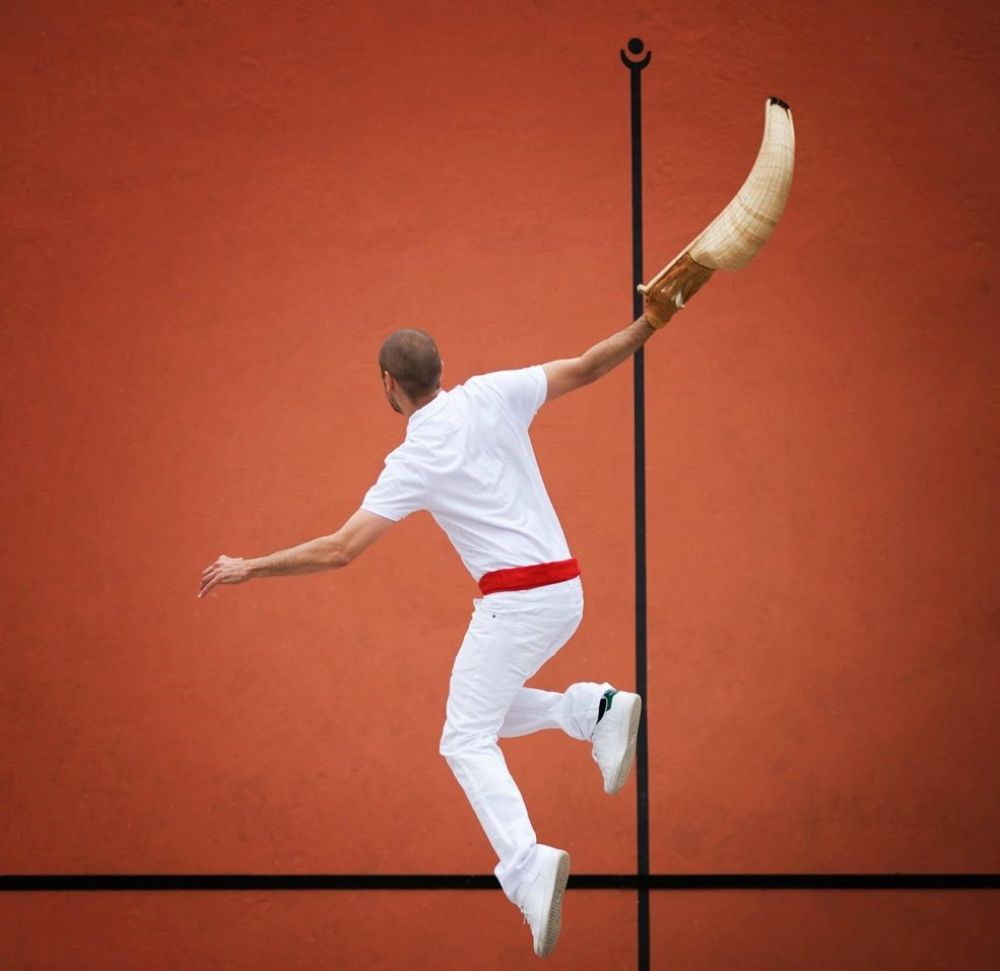
The "Jeu de Paume," a palm game involving throwing and returning a ball, has been played worldwide for centuries. Whether played bare-handed, with a glove, or later with a racket, it evolved into Basque Pelota in the 17th century. Its popularity surged in the latter half of the 19th century, with defined rules and various versions emerging based on the playing surface and equipment. The Fédération Française de Pelote Basque, established in Bayonne in 1921, recognizes twenty-two versions.
The oldest and most esteemed version is bare-handed, while the most dramatic employs a Chistera (a type of wicker basket) called Cesta Punta. The simplest version involves a wooden racket known as a Pala.
In Basque Pelota, players aim to hit the ball against a wall (fronton) to make it fall within the court's boundaries (cancha). The opposing team must return the ball before it bounces a second time, and any failure to do so results in a point for the opposing team. This traditional game offers a unique opportunity to immerse yourself in Basque culture.
A sport that is gaining in popularity
In France, currently there are 310 Basque Pelota clubs and over 20,000 registered members!
To reach Reception, call the Concierge or request a booking, click on the button.

